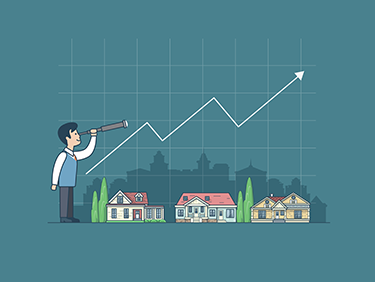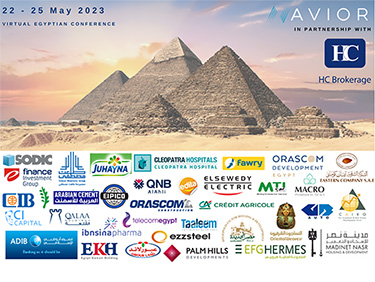TMG Holding — Growing exponentially
-
Recent business expansions create sizeable value, offer exposure to regional economic growth, more recurring income, and hedge against EGP weakness
-
Hospitality expansions to boost recurring revenue in the short term, while Banan to positively impact the P&L by 2029e. We expect a 4-year CAGR of c42% in revenue, c58% in EBITDA, c78% in net profit
HC Brokerage issued their update about Egypt’s real estate sector through shedding the light on TMG Holding performance and studied how the aggressive expansionary mode affected its share’s price and turnover.
Mariam Elsaadany, real estate analyst at HC Brokerage commented that: “ An aggressive expansionary mode positively reflected on TMGH’s share price and turnover: TMG’s past year was full of mega expansions and updates. Most notably, the updates included, 1) announcing in September 2023 the development of a 10m sqm mixed-use project in Saudi Arabia in partnership with the Saudi National Housing Company (NHC) (with total expected proceeds of SAR40bn and investments of SAR31bn), granting it a regional foothold, substantial USD exposure and access to higher client spending power compared to Egypt, 2) acquiring in July 2023 a 51% majority stake with management rights in Legacy Hotels, in which TMGH is partnering with ADNEC Group, fully-owned by ADQ Holding, through its hospitality arm, ICON, which expands TMGH’s existing hotel portfolio of c1,000 rooms to c3,500 rooms in addition to c1,500 under development in Egypt (currently a 2.1% market share of Egypt’s hospitality capacity, to increase to 3.0% once SouthMed hotels become operational, on our numbers), and 3) launching in July 2024 SouthMed, a mixed-use project in the North Coast, in partnership with the Egyptian government, granting the company sizeable cash flows with almost no execution risk. The updates have changed the company’s story, in our view, labeling it as a regional real estate developer and one of the largest hospitality players in Egypt. Also, this has positively reflected on its share price and turnover surpassing the USD10m average daily turnover mark y-t-d, from an average of USD1.38m in 2023. The increase in market cap led to the inclusion of the stock in the MSCI Egypt Index as part of the May 2024 semi-annual revision of the MSCI Global Standard Indexes after it was part of the MSCI Egypt Small Cap Index.
“ We expect strong real estate cash collections of EGP841bn over our 2Q24—30e forecast horizon: We estimate EGP841bn in collections over 2Q24—30e, including collections from existing receivables, new sales in the launched areas of Egypt projects, Banan, and income received from SouthMed sales which we estimate at EGP144bn. We estimate EGP577bn of real-estate revenue recognition over 2Q24–2030e, accounting for the outstanding backlog of EGP180bn and EGP397bn from new sales from the launched projects’ phases. We assume total real estate cost recognition of EGP368bn over this period, implying an average future gross profit margin of c36% for the launched projects. We expect hospitality revenue to grow at a 2023—27e CAGR of c69%, positively impacting TMGH’s margins and profitability. We expect a hospitality gross profit margin of c44% over 2024—30e. For rental, club, and other revenue, we expect a 2023—27e CAGR of c18% and a gross profit margin of c54% over 2Q24–2030e. TMGH has been increasing its third-party sales over the past several quarters, on which we estimate it receives a c8% share of sales; accordingly, we account for such sales over our forecast period. As profitability increases, we expect higher dividends starting 2026 (backed by Noor deliveries) and forecast a DPS of EGP3.92 then.” Mariam Elsaadany concluded.





